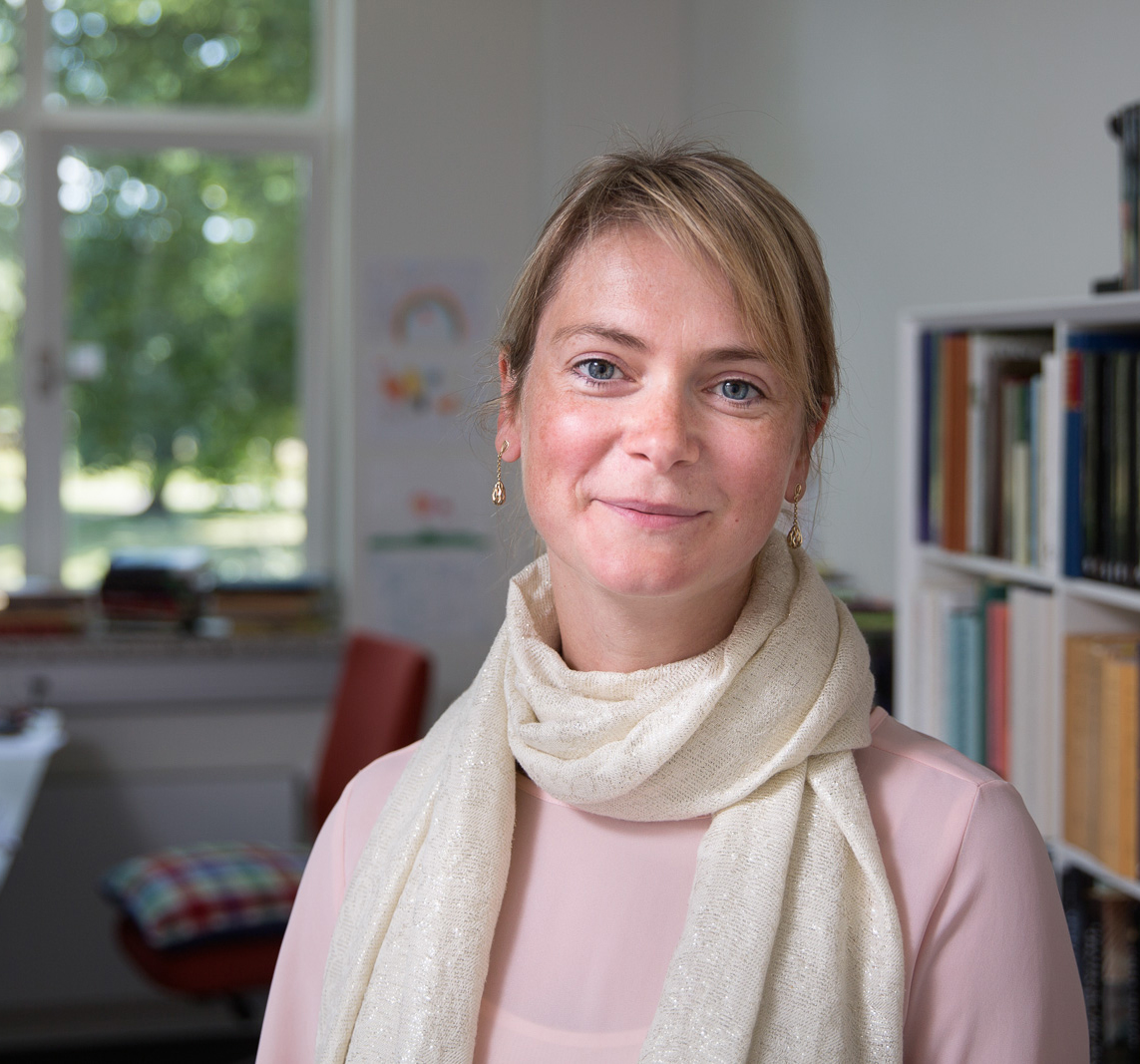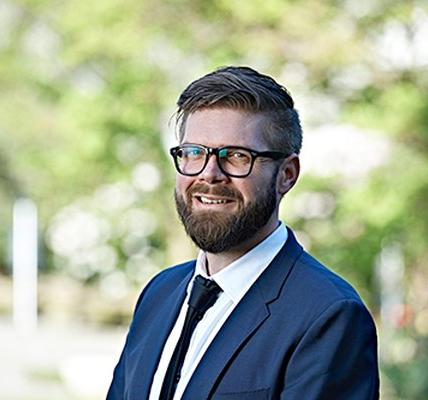ERC funding for studying classical influences on Irish culture and human adaptations during the last ice age
Isabelle Torrance and Felix Riede have both received Consolidator Grants from the European Research Council for studying respectively the role of classical influences in shaping Irish culture, and human responses to rapidly changing climates and environments, migration and adaptation. The projects will be hosted at the Faculty of Arts.



The European Research Council’s (ERC) mission is to encourage the highest quality research in Europe through competitive funding. For the first time ever, the Faculty of Arts will be hosting the ERC’s Consolidator Grant, which has been given to two projects:
Classical Influences and Irish Culture (CLIC)
Ireland’s complex (post)colonial history has been highly visible recently, owing to the difficulties regarding the Irish border that have arisen in connection with Brexit, even as the Republic of Ireland commemorates 100 years since its struggle for independence. This project will analyse Irish political history through a new lens, demonstrating how models from Greece and Rome have repeatedly served as a conduit for political expression in Irish culture. Ireland’s vibrant tradition of classical learning dates back to its earliest recorded literature, and is unique among postcolonial nations. This project will shed new light on the role of classical influences in shaping Irish discourses of language politics, of warfare, of migration, of political satire, of non-sectarian philosophy, of gender, and of material culture, with case studies ranging from the medieval period to the present day. Moreover, the global impact of Irish classicism on postcolonial literature from Latin America, the Middle East and the Maghreb will highlight the broader international relevance of classical reception in Ireland.
Grant amount: €1,888,592
Grant receiver:
Isabelle Torrance
Aarhus Institute of Advanced Studies (AIAS)
(The project is expected to be hosted at the School of Communication and Culture, Aarhus University)
Email: itorrance@aias.au.dk
CLIOdynamic ARCHaeology: Computational approaches to Final Palaeolithic/earliest Mesolithic archaeology and climate change
Europe at the end of the last ice age is the ideal laboratory for investigating human responses to rapidly changing climates and environments, migration and adaptation. Through novel computational approaches, ClioArch will investigate this period using interdisciplinary cultural evolutionary, quantitative ecological and field archaeological methods beyond the state-of-the-art, with a view to capturing such adaptations more effectively. The project will pioneer a fully transparent and replicable – and eminently transferable – Open Science methodology for the study of the impacts of climate change and extreme environmental events in deep history. Such a quantitative understanding of past adaptive dynamics will position archaeology more centrally in contemporary debates about environmental change and its societal consequences.
Grant amount: € 1,907,638
Grant receiver:
Felix Riede
School of Culture and Society, Aarhus University
Email: f.riede@cas.au.dk
Twitter: @ARCHAEOfelix
Facts
Consolidator Grants from the European Research Council (ERC) can be up to € 2 million covering a period of five years. They are awarded to excellent researchers with 7 to 12 years of research experience after their PhDs.
